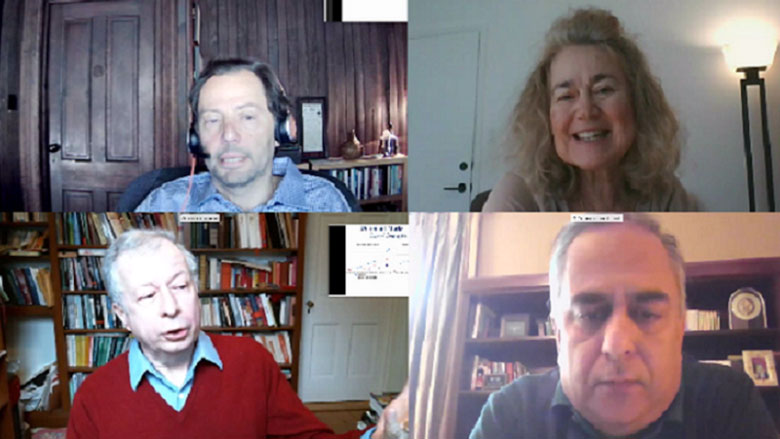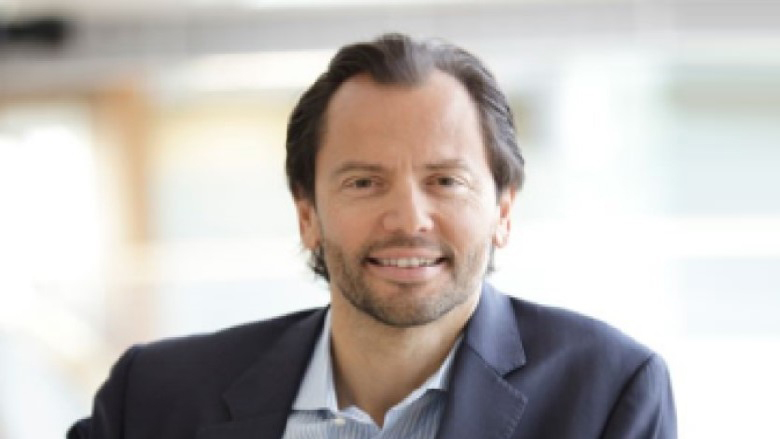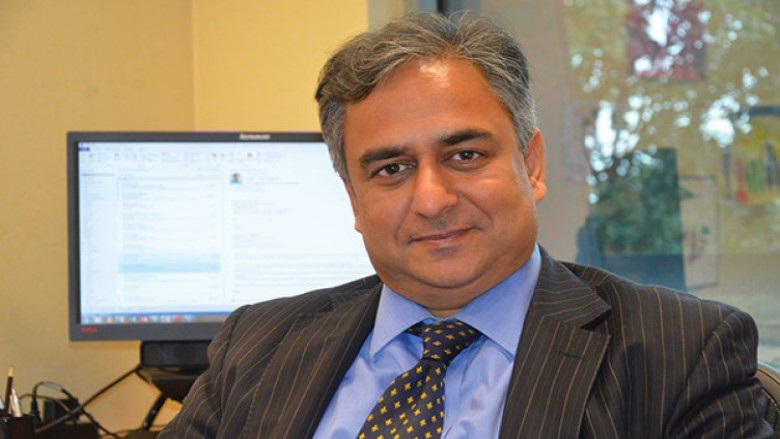Disclaimer: Views expressed by panelists are their own and do not represent the position of the World Bank.
The Design of Competitive Markets
February 3, 2021
Online
MULTIMEDIA

Video Replay
-
Many economists think that in the absence of any government intervention, markets naturally become competitive, and that being bigger is associated with being better. However, superstar firms are increasingly receiving attention from policymakers.
There is much to celebrate when it comes to the rise of stars: they accelerate growth because they are the most productive and are at the forefront of adopting new technologies, they achieve economies of scale, drive out inefficient firms, and lower prices for customers. But there is much to be concerned about too.
Technology and globalization create opportunities for firms to become stars, but the risk of market concentration increases, and frequently firm margins increase significantly. Anti-competitive behavior is difficult to identify in the digital economy. Network effects often benefit early adopters of technology, giving significant market power to incumbents.
There are also concerns that the significant fiscal support to fight the COVID-19 crisis will lead to greater concentration of power and firm size globally, further muffling competition in the recovery phase. Better understanding of these forces is very important in designing competition policies that are essential to improving productivity and growth.
-
DETAILS
- DATE: February 3, 2021
- TIME: 10:00 AM EST
- CHAIR: Asli Demirgüç-Kunt, Chief Economist, Europe and Central Asia, World Bank


